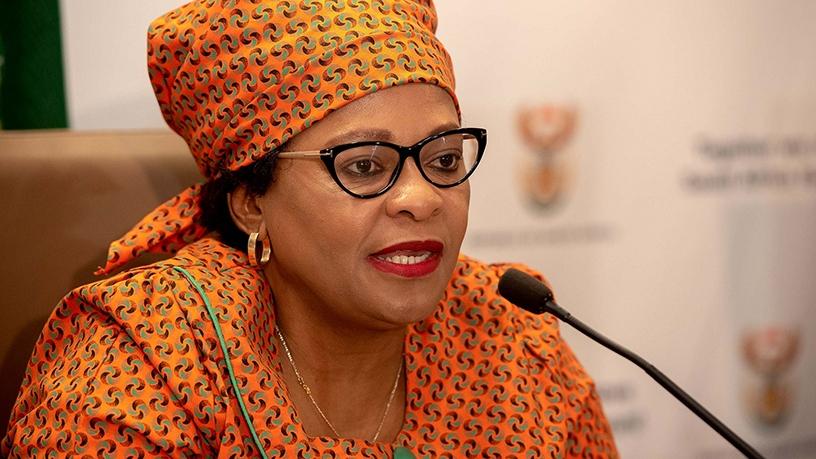
It is 10 years since Cabinet approved the country's policy to migrate from its analogue broadcasting system to digital, and the executive branch says it is satisfied with the progress being made.
This is despite the fact that the target to migrate to digital terrestrial television (DTT) has been characterised by hurdle after hurdle, ranging from legal battles over the standards of set-top boxes (STBs), corruption allegations relating to the procurement process of the digital TV decoders, as well as party politics over amendments to the ANC broadcasting digital migration (BDM) policy.
Although SA committed to the International Telecommunication Union's (ITU's) call for all nations to switch to DTT, the country missed the June 2015 deadline to complete the full switchover. The ITU has called on countries to migrate to digital to allow radio frequency spectrum to be freed up for mobile broadband services.
Yesterday, communications minister Nomvula Mokonyane briefed media on the outcomes of the Cabinet meeting held on 19 September, and pronounced the executive's position on the country's BDM project.
The minister, however, failed to provide further details on government's plans to reach the digital migration promised land by the June 2019 deadline.
"As part of the countdown to December 2018 for the Free State analogue switch-off, the first transmitter in Senekal in the Free State will be switched off on 20 September 2018. This is in line with the commitment agreed to with the ITU," said Mokonyane.
The long count down
Just like the Northern Cape, which marked the start of government's analogue switch-off project, the Free State province is counting down to its analogue switch-off in December, according to the minister.
Government has facilitated the switch from analogue to DTT in communities in border-lying provinces to minimise signal interference from neighbouring countries. The Free State province shares a border with landlocked Lesotho.
In August, the Department of Communications said it would look into potential public-private partnerships to accelerate migration to digital through cost-effective and efficient means. The department also noted plans to work with South African broadcasters to educate the public about digital migration.
Mokonyane stated SA has already begun its migration campaign. "A communication campaign is under way to ensure all households are ready for the switch-off."
The South African government has committed to supply 5.2 million free STBs to households that depend on social grants and those with an income of less than R3 200. The STBs are required to convert digital broadcasting signals on analogue TV sets.
Those households that earn just above the government-stipulated benchmark for free digital TV decoders but less than R6 500 will have to buy their own digital migration devices.
Households with analogue TV sets looking to buy new ones are advised to choose those with an integrated digital tuner, she said.
"Households with an income above the threshold of R3 200 per month have an option of buying a new integrated digital TV set with the built-in digital terrestrial TV decoder, which is available through major retail outlets."
Share